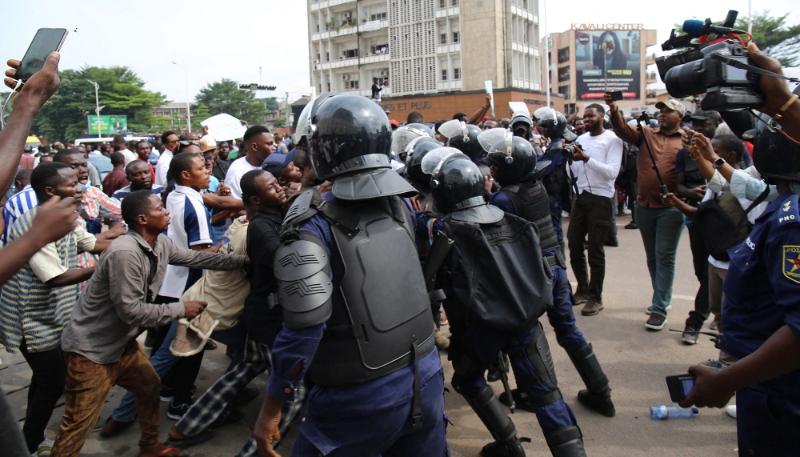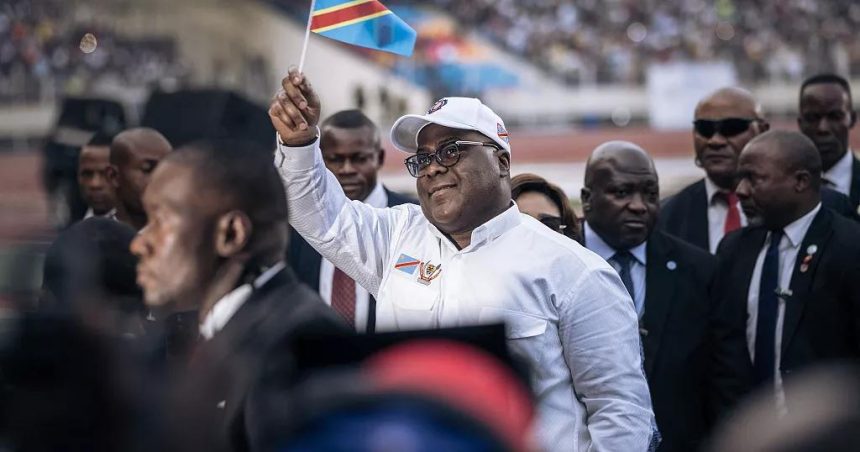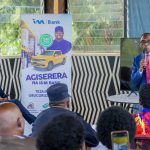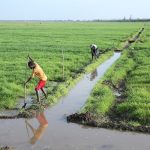The Democratic Republic of Congo (DRC) is grappling with a post-electoral landscape marked by complexities, logistical hurdles, and the controversial influence of incumbent leader Félix Tshisekedi.
As the nation weathers the aftermath of recent elections, a myriad of issues have come to the fore, shaping a narrative fraught with challenges.
We bring you some of the key aspects.
Extended Voting and Opposition Outcry
The decision to extend the voting period, ostensibly due to logistical problems, became a flashpoint for opposition discontent.
Accusations of chaos and irregularities intensified, with some opposition factions advocating for the outright annulment of the elections. This contentious backdrop set the stage for heightened political tensions.
Cardinal’s Denouncement and Diplomatic Concerns
Cardinal Fridolin Ambongo’s characterization of the elections as a “gigantic mess” echoed concerns expressed by fifteen embassies, urging prudence and restraint.
The involvement of the Catholic Church in scrutinizing the electoral process underscores the pivotal role played by non-political actors in shaping public opinion.
Security Dynamics and Lingering Tensions
The resurgence of the M23 rebellion in the east introduced a security dynamic, further complicating the electoral landscape. Historical conflicts and simmering tensions posed significant challenges to creating an environment conducive to a transparent and peaceful democratic transition.
Félix Tshisekedi: Dominance and Accusations
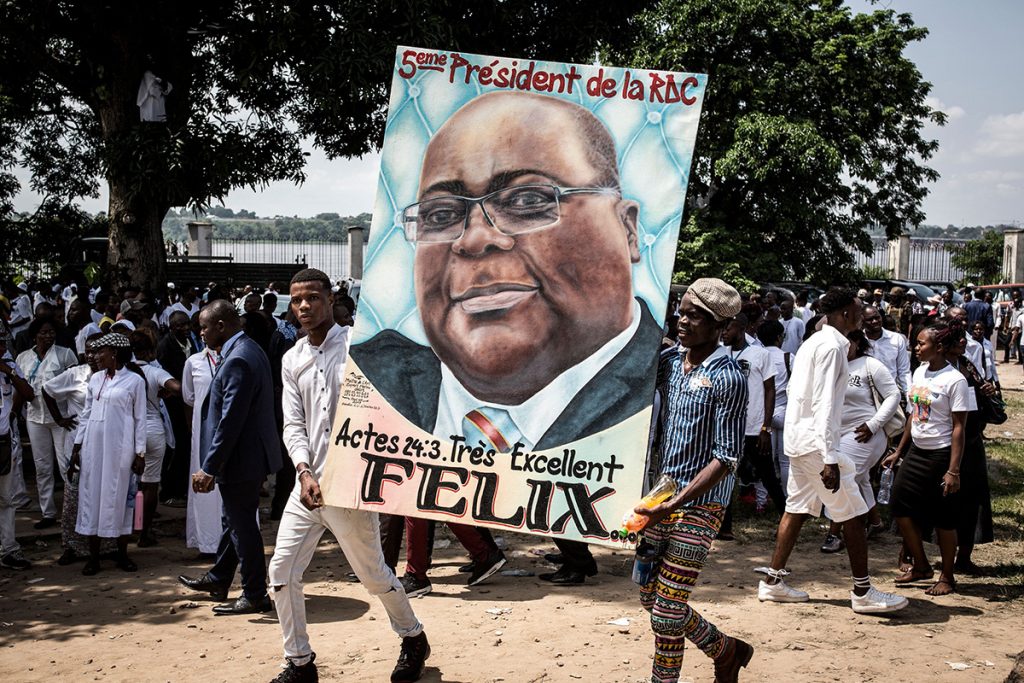
As partial results indicated a commanding lead for Félix Tshisekedi, accusations of impropriety emerged. Skepticism surrounding the transparency of the electoral process persisted, leading to calls for the resignation of the electoral commission’s leadership, particularly from opposition figure Moise Katumbi.
Carter Center’s Observations and Challenges
The Carter Center’s observer teams provided a nuanced perspective, citing challenges such as delayed openings and logistical problems during election day.
Their observations emphasized concerns about the credibility of the electoral process, with instances of violence highlighting the fragility of the environment in which the elections unfolded.
International Skepticism and Transparency Demands
The international community, represented by the Carter Center and diplomatic missions, voiced skepticism about the transparency and fairness of the elections.
Calls for an impartial investigation into alleged irregularities emerged as a crucial demand to ascertain the credibility of the electoral outcome.
Civil Society Involvement and Marginalized Groups
Civil society organizations, despite facing obstacles in observer accreditation, played a crucial role in the electoral process. Concerns were raised about the marginalized participation of women, minority groups, and candidates with disabilities, highlighting broader societal challenges that impact electoral inclusivity.
Online Campaigning and Hate Speech
The influence of identity politics in online campaigning became evident, with aggressive and hate speech employed to discredit political opponents.
Tensions, particularly between the Kasai and Katanga communities, escalated, contributing to violent clashes and underscoring the delicate interplay between politics and communal relations.In conclusion, the Democratic Republic of Congo’s recent elections reflect a multifaceted landscape characterized by logistical intricacies, opposition discontent, international scrutiny, and the formidable presence of Félix Tshisekedi.
As the nation navigates the aftermath, addressing these challenges will be imperative for fostering a stable and credible political environment.
